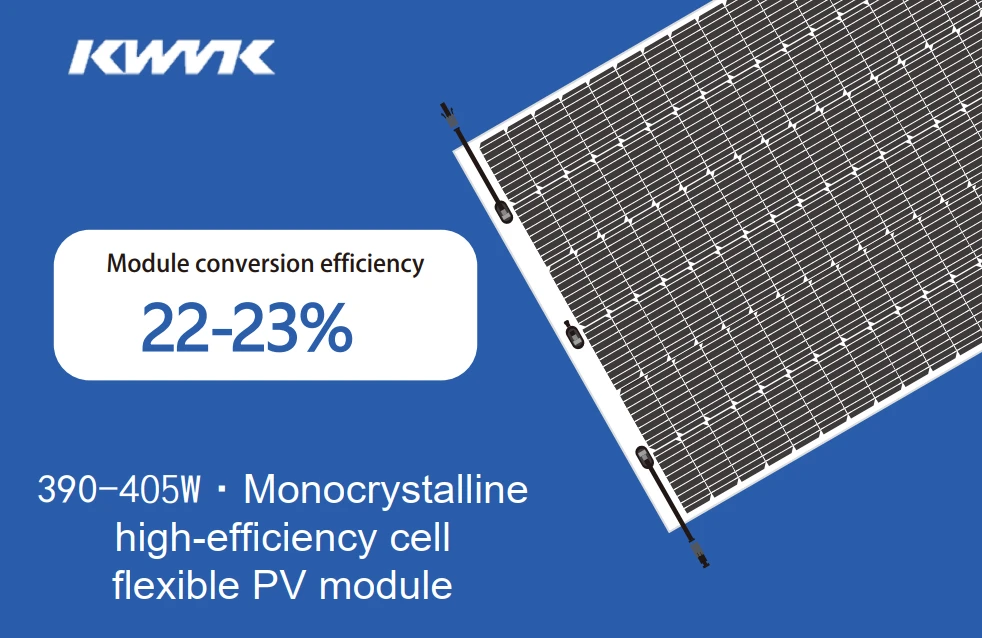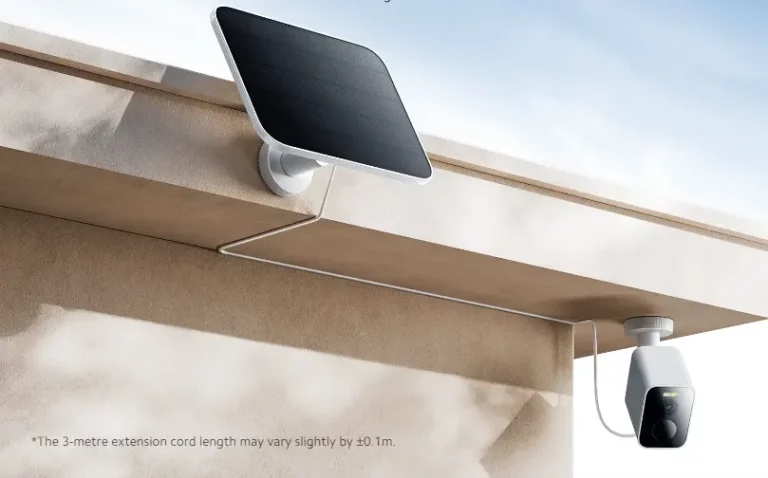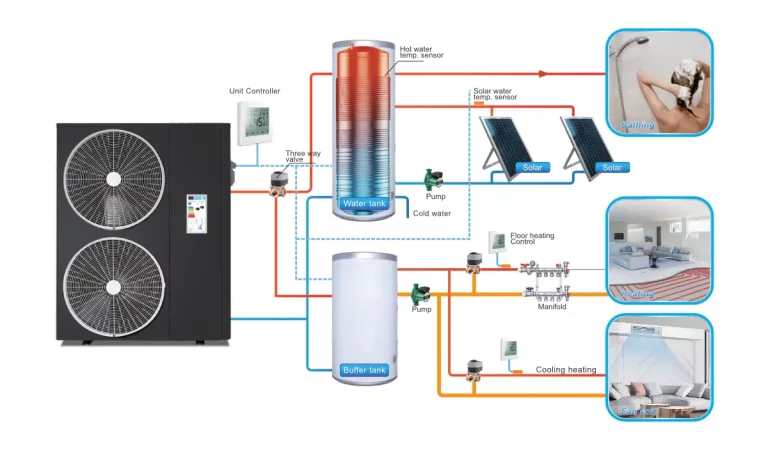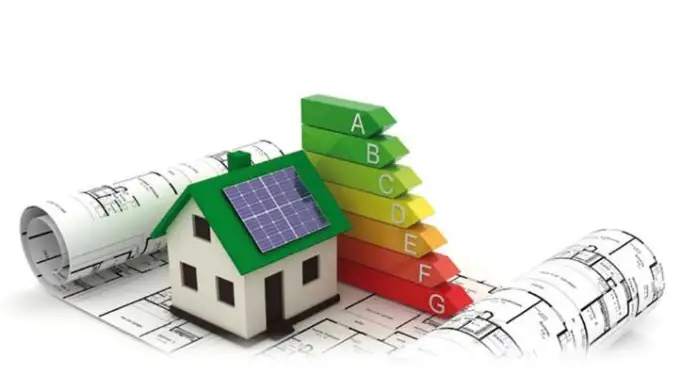Flexible solar modules: Technology of the future
Solar energy is becoming an increasingly popular source of energy around the world. Solar panels have become commonplace on the roofs of houses, office buildings, and even on cars. However, with advances in technology, flexible solar modules are coming to the forefront as an alternative source of solar energy. Flexible solar modules can be installed on a wider range of surfaces than traditional solar panels. In this article, we will look at flexible solar modules, their advantages and disadvantages, as well as their applications in various fields.
Description of flexible solar modules
What are flexible solar modules?
Flexible solar modules are a new type of solar panel that are made with polymer materials instead of the glass and metal used in traditional solar panels. They are called flexible because they can easily take the shape of the surface on which they are installed.
How do they work?
Flexible solar modules work the same way as traditional solar panels. They contain semiconductor material that converts the sun’s energy into electrical energy. This energy is then stored in batteries or fed directly into the power system.
Advantages of flexible solar modules
Flexibility ↗
One of the main advantages of flexible solar modules is, paradoxically, their flexibility. They can easily take the shape of different surfaces, such as roofs, walls, windows, and even car bodies. This allows them to be used where traditional solar panels cannot be installed.
Lightweight and portable ↗
Flexible solar modules are lighter and smaller than traditional solar panels, making them easier to transport and install. They can be rolled up or folded for carrying, making them easy to transport to remote locations such as campgrounds, summer houses, campsites, and science stations. In our catalog, you can find panels from 3 to 6 kg.
Saving land ↗
Flexible solar modules take up less space than traditional solar panels, allowing limited land resources to be used more efficiently. This is especially important for densely populated cities, where land has a high cost.
High efficiency ↗
The latest developments in the field of flexible panels made it possible to achieve high efficiency of solar energy conversion into electrical energy. In our catalog, you can find flexible panels with an efficiency factor of 22-23%.
Eco-friendliness ↗
Flexible solar modules do not use or emit harmful substances into the environment, which makes them environmentally friendly. No lead is used in their production.
Disadvantages of flexible solar modules
Short life cycle ↘
Flexible solar panels have a short life cycle compared to traditional solar panels. This is due to the fact that the polymeric materials used to achieve flexibility are not as strong as the glass and metal used in traditional solar panels.
Less resistance to weather conditions ↘
Flexible modules are less resistant to weather conditions than traditional modules. They can be damaged more quickly by hail, high winds, snow and other weather factors. Also, because of their lightness, they need to be firmly fastened so that they are not carried away by gusts of wind.
Application of flexible solar modules

Domestic and commercial systems
Flexible solar modules can be used to power residential and commercial systems. They can be installed on rooftops, building walls, balconies, cars and yachts, and even on the roadway. For example, France is already implementing a project to create solar roads.
Mobile Systems
Flexible solar modules can also be used in mobile systems. For example, they can be mounted on backpacks or bicycles to charge mobile devices such as phones and tablets.
Conclusion
Flexible solar modules are an innovative and environmentally friendly alternative to traditional solar panels. They offer a number of advantages, such as lightweight, space-saving installation, high efficiency, portability and a variety of applications. However, they also have some disadvantages, such as a short life cycle and less resistance to weather conditions.
Overall, flexible solar modules are a promising area of renewable energy, and further research and development will help increase their efficiency and improve their economic viability.
Frequently Asked Questions
- What are the advantages of flexible solar modules?
Flexible solar modules offer many advantages, such as economic benefits, increased portability, high efficiency, environmental friendliness and a variety of applications.
- Can flexible solar modules be used in the home?
Yes, flexible solar modules can be used in the home to power various devices such as cell phones, tablets, computers and other electronic devices.
- How long can flexible solar modules last?
The life cycle of flexible solar modules can be short because of their design and less resistance to weather conditions. However, with proper use and care, they can last for many years.
- What measures are being taken to improve the efficiency of flexible solar modules?
There is a lot of research and development aimed at improving the efficiency of flexible solar modules, including the use of new materials and technologies, such as thin films and perovskites. Perovskite solar cells can be printed on special inkjet or matrix printers without the use of vacuum processes. This reduces the cost of the device compared to traditional silicon ones.
Flexible panels in our catalog

Monocrystalline high-efficiency cell flexible PV module 160-170W

Monocrystalline high-efficiency cell flexible PV module 210-220W
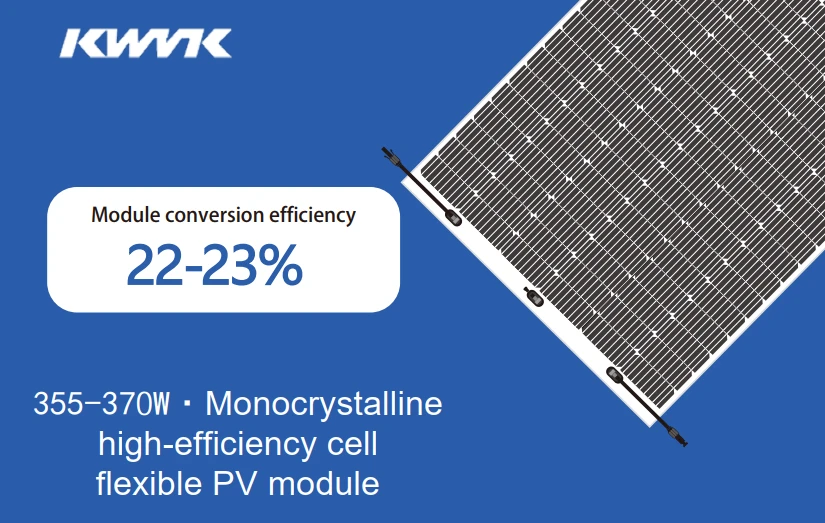
Monocrystalline high-efficiency cell flexible PV module 355-370W
